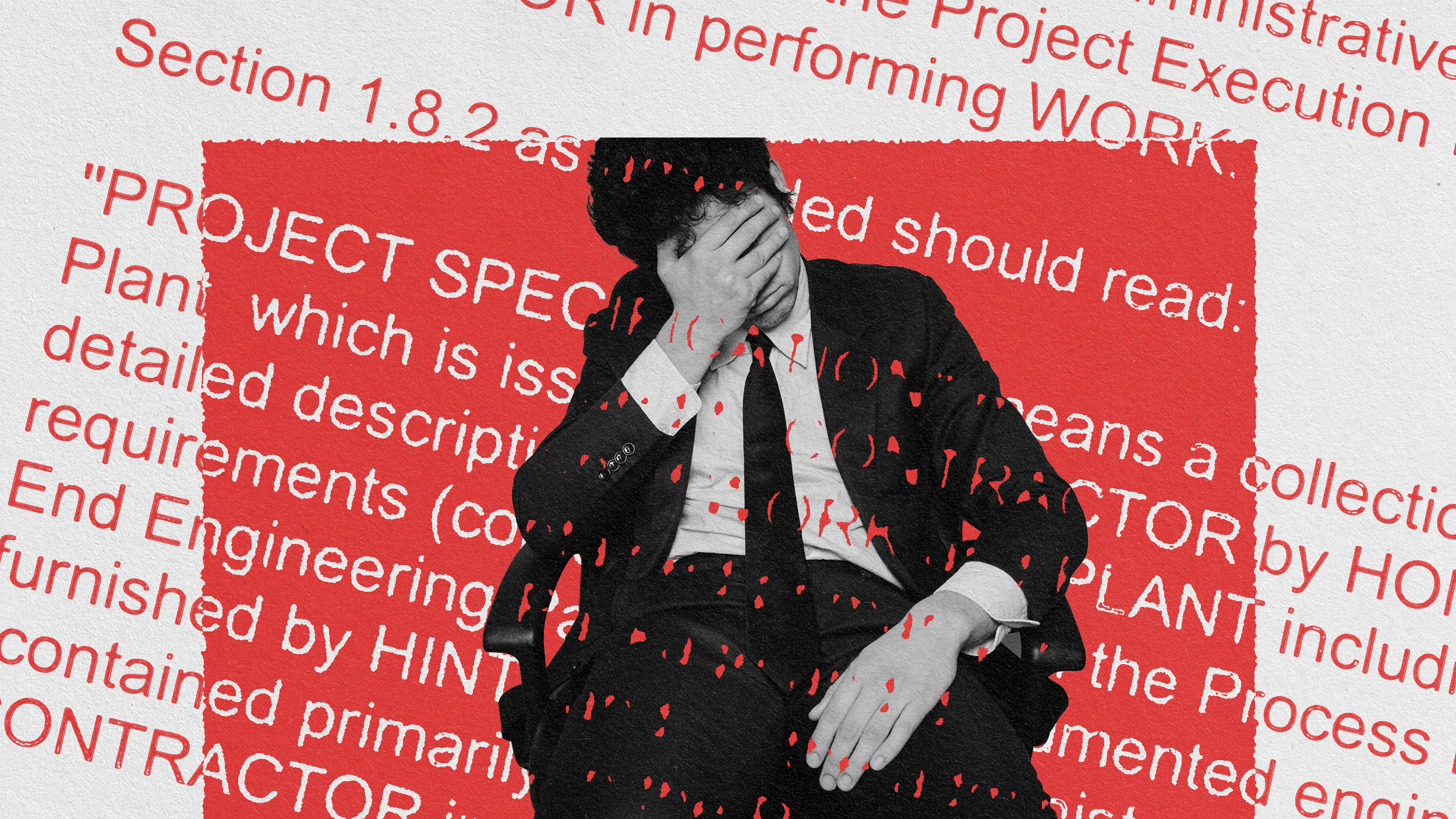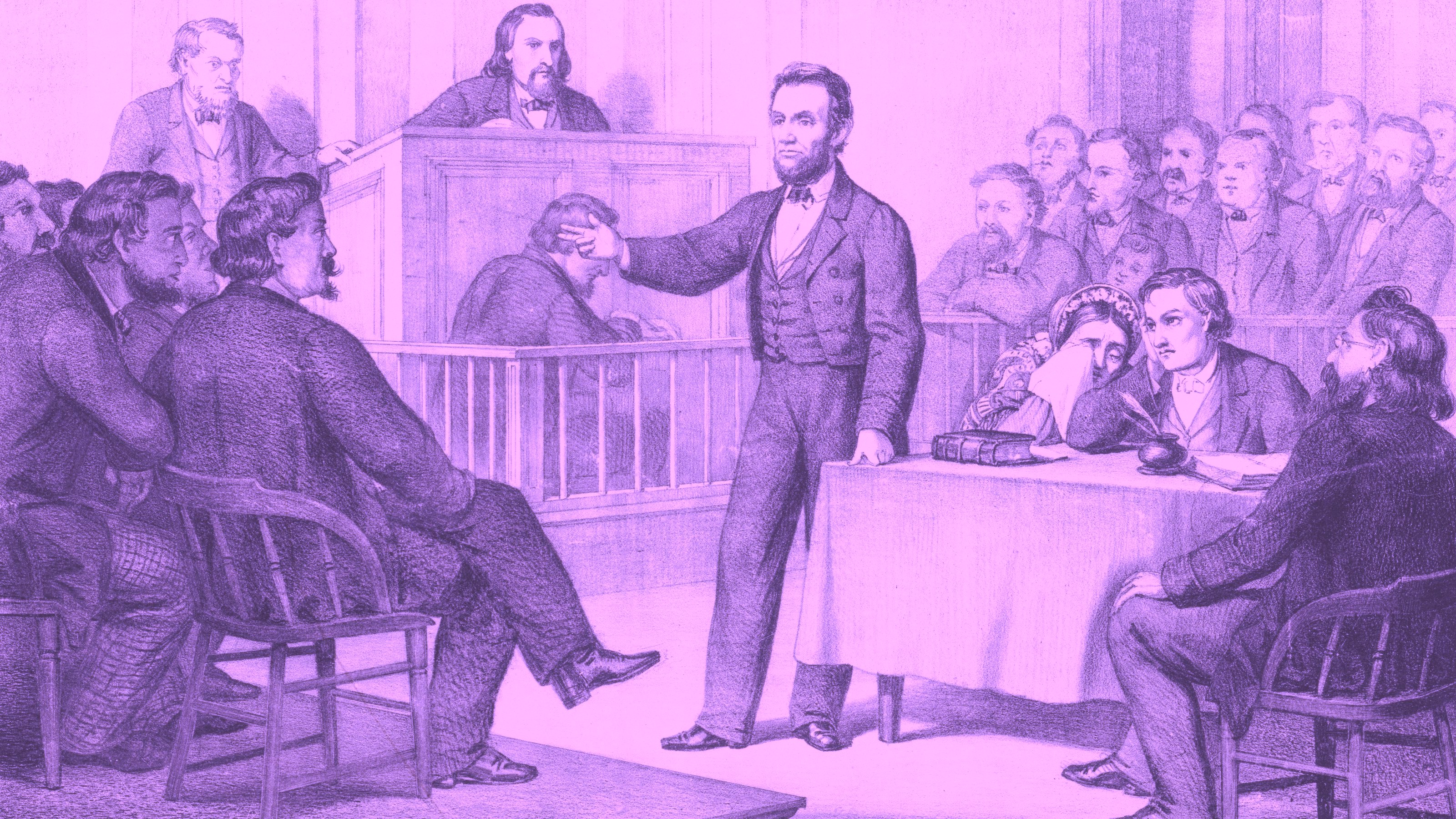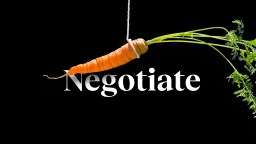JONATHAN ZIMMERMAN: It seems to me that in order to be civil, you do have to follow a certain set of basic rules about human dialogue and discourse. So if you begin with a statement, and I say, "You're a blankety-blank", that's not going to further the discussion. It's probably going to end it. A more civil response would go something like this: "You know, that's interesting. That's not the way I see it. Tell me more about why you think that." So civility, for me, connotes the rules of decent and polite behavior That we need to follow in order to have a reasonable discussion and disagreement. Another really interesting one is just to say, "Listen, I just want to tell you that I see this differently. And I'd like to share that with you to see what you think." That is prefacing it by saying, acknowledging right off the bat, that you see things differently and asking the person to react to what you're saying. Something else I've seen that I think works really well is, "You know, I think we come at this from different places. Would you like to talk more about it?" Just ask the person, because sometimes the answer is going to be "No". I would say other important rules, for me, are don't be afraid of emotion but don't mistake it for argument. There's nothing wrong with being emotional. Frankly, I would say at this moment in political history, if you're not emotional about something, you may be a sociopath. I mean, it's an emotional time. It's a brittle, a troubled, and emotional moment, so it's fine to be emotional. But don't confuse emotion and argument. The depth with which you feel something is not an indice of its strength as an argument. All the worst and most awful bigoted, racist, hateful people in history have felt what they felt very deeply. But the depth of their feeling shouldn't be seen in any way as an indice of its truth. So it's fine to have deep feelings and emotions. I do. But don't mistake them for argument.
Jonathan Zimmerman is Professor of History of Education at the Graduate School of Education at the University of Pennsylvania. A former Peace Corps volunteer and high school social studies teacher,[…]
Here are some practical ways to disagree and get along with someone at the same time.
▸
3 min
—
with
▸
6 min
—
with
Related
“In witness whereof, the parties hereunto have set their hands to these presents as a deed on the day month and year hereinbefore mentioned.”
George Orwell got it right: “Never use a long word where a short one will do.”
His greatest speeches were loaded with empathy.
One from New Guinea rose to the top in a recent study.
Why the best negotiators are nice, not tough.
▸
7 min
—
with






